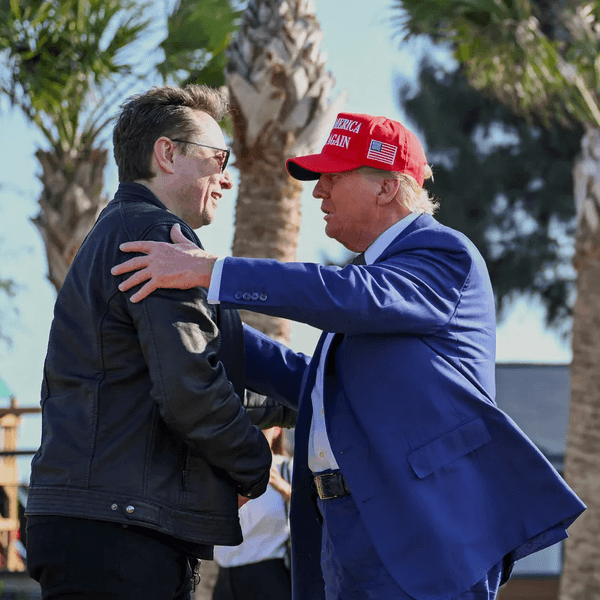
Last month, a torrential rainstorm dumped 22 inches of water on the Florida panhandle and Alabama coast in 24 hours — flooding houses, stranding residents, washing out roadways. The lucky were plucked from rooftops by helicopters or rescued in boats, but some perished in the high water.
Meanwhile, California is experiencing the third year of an extreme drought that has bankrupted farmers and pitted agricultural regions against big cities. Climatologists say this is the driest period in the state’s recorded weather history, and its effects may become much more severe.
Isolated events? Mother Nature’s caprice at work? Nope. According to scientists, those are manmade disasters, weather phenomena created (or at least worsened) by human-induced climate change.
Last week’s National Climate Assessment — a report prepared by a scientific panel — lays out the effects of climate change throughout the country. The report found increases in heat waves, drought, torrential rains and flooding of the sort seen with Hurricane Sandy.
You might think the report would have scared the nation’s political class into immediate action. But you’d be wrong. While President Obama used the news to try to whip up support for legislation to combat greenhouse gases, Republicans greeted it with their usual flat-earth denial. Senate Minority Leader Mitch McConnell, for example, derided the president for emphasizing the report’s conclusions and criticized Obama’s “war on coal.”
So this is a manmade disaster worsened by another: denial, hubris and ignorance rolled into a ball and frosted with petty partisanship. Though the planet is already hotter, the worst might be mitigated if the world’s big carbon emitters (the United States is second to China) made changes now. Unfortunately for every living thing, that seems unlikely.
This is the great moral crisis of our time, the overriding problem that dwarfs all others. After all, we can hardly expect to solve war, terrorism, hunger, the slave trade and assorted other ills if climate change threatens our very survival. Why is it that we fail to act?
Polls show that Americans tend to be less concerned about climate change than citizens of other wealthy nations. About 40 percent of Americans say that climate change is a significant problem, according to a 2013 Pew Research Center survey. That contrasts with more than 50 percent of Australians, Canadians, French and Germans, more than 60 percent of Italians and Spaniards, and more than 70 percent of Japanese, according to The New York Times.
It’s no accident that the world’s “exceptional” nation has its head buried in, well, rising waters. Industries that profit from fossil fuels have spent billions on lobbying and public relations campaigns to persuade voters that climate change is either a hoax or, if it’s real, relatively unimportant.
In their book Merchants of Doubt, science historians Naomi Oreskes and Erik Conway document a decades-long campaign by a handful of politically conservative scientists to “obscure the truth” about global warming, among other issues. With strong ties to industries that profit from the status quo, that small group managed to create the perception that there is confusion about the scientific data. (In fact, the scientific consensus on human-caused climate change is quite solid, unlike the polar ice caps.)
More recently, a fevered partisanship has added another thick layer of hot, smoggy air. If Obama and other Democrats support something — such as the notion that human activity has warmed the planet — then Republicans must mount scorched-earth opposition to it, the facts notwithstanding. That means few GOPers dare to publicly acknowledge the scientific consensus.
The brilliant Octavia Butler — the late, great science fiction writer — saw this coming. In her apocalyptic 1993 novel Parable of the Sower, the United States has come apart, torn asunder by the pressures generated by the devastation of climate change. And because she understood her nation so well, her novel features characters who still don’t believe that human beings have influenced the weather — though their lives have been wrecked by environmental degradation.
When I read the novel some years ago, I saw it merely as great entertainment. Now, unhappily, I believe it to be prophecy.
(Cynthia Tucker, winner of the 2007 Pulitzer Prize for commentary, is a visiting professor at the University of Georgia. She can be reached at cynthia@cynthiatucker.com.)
Photo via Wikimedia Commons








